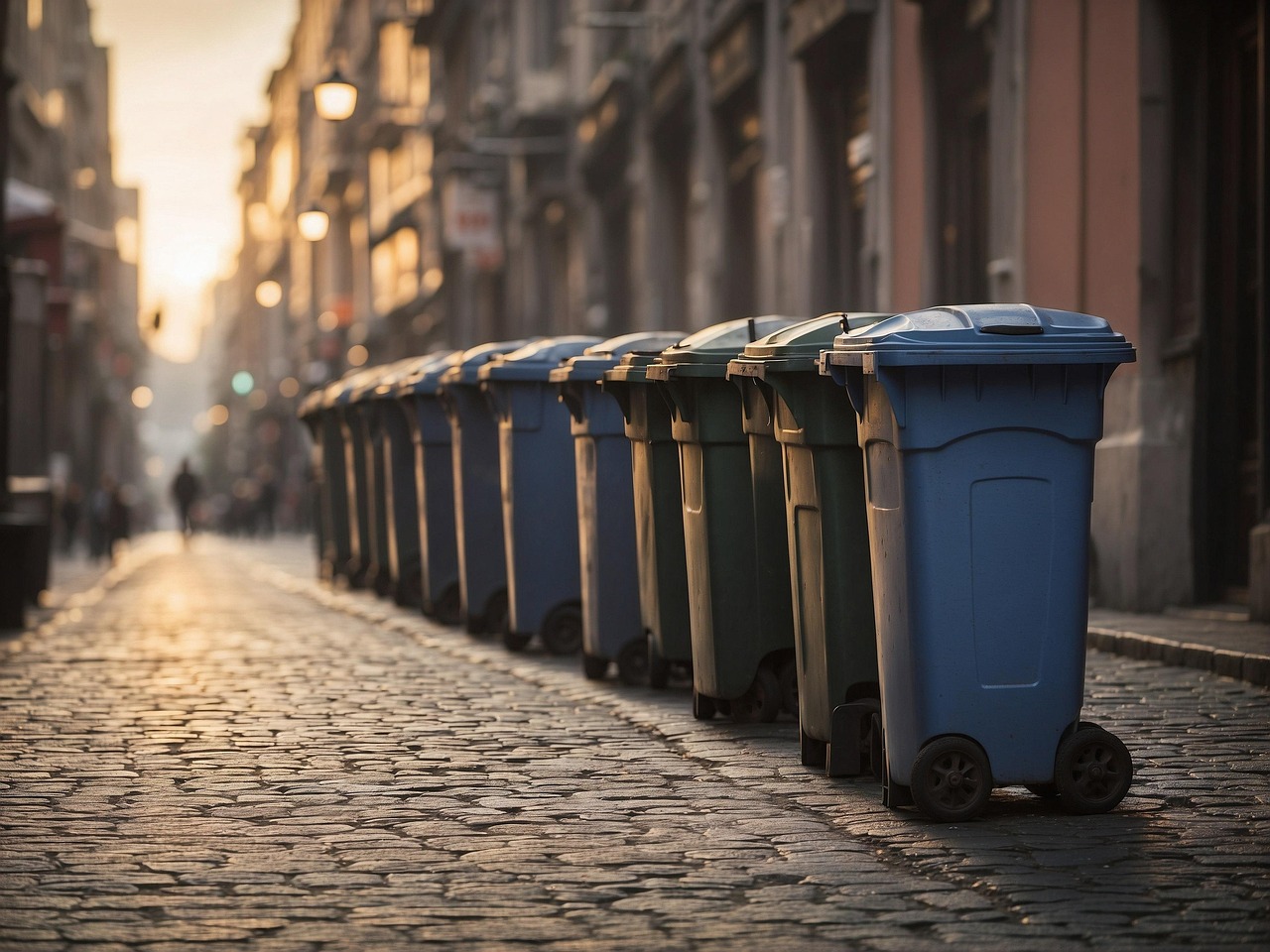Surveys suggest most people are confused about how to recycle. Surveys of the British public show up to 80% of UK households do not recycle things that could be recycled and 55% are ‘very unclear’ about what can and can’t be recycled. Because of this, it is assumed that only 50% of items that could be recycled are being recycled. It is important to put waste in the right bins otherwise, the incorrect items in the waste bin may contaminate the rest of the recyclable products. To recycle properly, it is important to understand what contamination is.
What does contamination mean?
Contamination means anything that is in your recycling bin which should not be there. This sometimes happens because of ‘wishcycling’, when we chuck something away in the recycling bin with the hope it can be recycled, when it cannot.
What are contaminated products and why are they bad?
When a container is made from plastic, glass or cardboard is covered in something which is non-recyclable, such as grease, it must go in the general bin. Items such as very greasy pizza boxes and empty glass jam jars which are still covered with jam on the sides, are examples of contaminated items that should go in the general waste bin. What happens if you do put these items in the recycling bin? They can contaminate other products in the recycling bin and reduce the value of recyclable materials. These materials will have to be disposed of instead of turned into recycled products. Also putting certain products in the recycling bin is dangerous for those handling it, such as broken glass and animal faeces. Incorrect recycling increases the costs of sorting out recyclable items from those that should not be there.
What should NEVER go in the recycling bin:
Animal waste
Disposable nappies
Pots and pans
Glass cookware, Pyrex and ovenware, drinking glasses and ceramics
Tissues, wet wipes, cotton buds or cotton wool
COVID 19 tests and COVID 19 face masks
Sticky tape
Things that can be recycled but cannot be put in the household bin
These items that can be recycled but not in the household bin are:
Plastic packaging
Broken mirrors, Pyrex and drinking glasses
Pots, pans and cutlery
Plastic bags, wrappings and pouches
Cartons
The items above are usually recycled at the local council or a local recycling facility centre.
Food waste and recycling
Food waste does not go in the recycling bin. It should either go in the food waste bin, compost or in the general waste bin. If food waste is thrown in the recycling bin, it can contaminate items that could have been recycled and will become unsuitable for recycling.

Leave a Reply